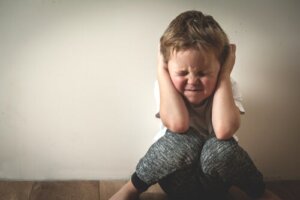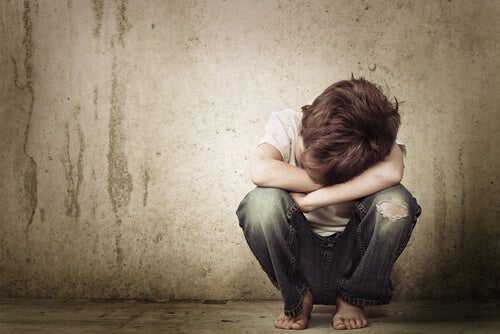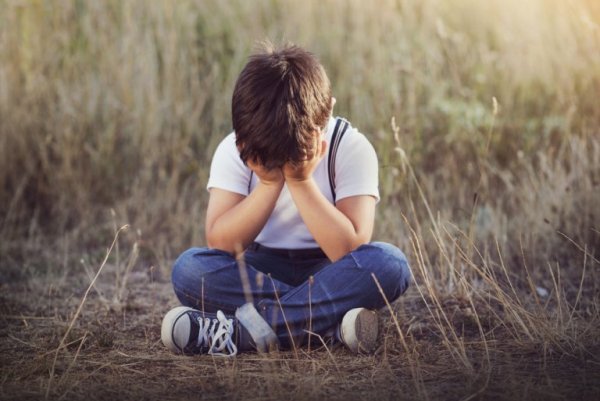Violent Parents Cause Long Term Negative Effects on Their Children


Reviewed and approved by the psychologist Sergio De Dios González
A child’s social life begins from the earliest age, in the company of their siblings and parents. However, it’s their parents who define both their future and themselves. For this reason, if parents are violent they define patterns and behaviors that affect their children for life. Are you a violent parent? Do you know how to identify one?
Defining violence
We commonly tend to associate the term ‘violence’ with beatings. However, this serious problem can also occur with psychological violence. It may be manifested through hurtful words, attitudes that seek to belittle others, and even indifference. All these attitudes are aimed at hurting children, either consciously or unconsciously.

Why are parents violent toward their children?
The reasons for this behavior are diverse and particular to each individual case. However, the main reasons are:
– Too much stress or fatigue. The parents’ current obligations are excessive and cause them to lose control when they get home after a long day at work. This situation can occur in both men and women.
– Education. Unfortunately, patterns of violence tend to repeat themselves. Therefore, if a father was a victim of violence during his own childhood, he usually educates his children in the same way.
– Search for relief from the violence received. This occurs when one of the parents exerts violence on the other and the victim becomes a perpetrator with the children to try to gain control again. Unfortunately, in this situation, no one has the slightest control and all family members are affected.
How are children of violent parents affected?
It’s inevitable that children who suffer from violence from their parents will be affected in their social skills. Furthermore, each one will develop a different personality:
– The withdrawn child. They seek to protect themselves through isolation. They tend to have a shy personality and few social skills. They’re usually extremely insecure and even as adults this situation may not change much. They may also allow others to attack them.
– Child victimizer. Contrary to the withdrawn child, this personality seeks to take out their anger by attacking others in the same way that they were or are being attacked. As an adult, they can become violent and might harm those around them, thus repeating the pattern of violence.
– The protective child. This characteristic is common in older children, who often feel obliged to protect their victim father or mother and siblings. As they grow up, they often become adults who seek conflict situations with the intention of continuing to protect.

Today’s children are tomorrow’s parents
Domestic violence is a terrible situation for anyone. However, in the case of children, it’s far more serious because it leaves them with scars and can often sentence them to be unhappy for the rest of their life.
This text is provided for informational purposes only and does not replace consultation with a professional. If in doubt, consult your specialist.








